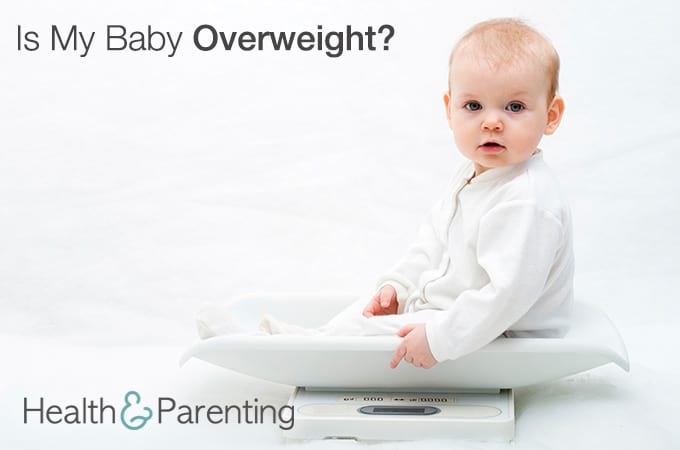As a new parent, the list of things you worry about is endless. Is your baby happy? Is your baby bored? Does your baby love you? Even, is your baby overweight? Those adorable thigh rolls are probably the cutest thing you’ve ever seen, but could they be a sign that your baby is overeating?
Is my baby overweight?
If your baby is gaining weight quickly or seems to be jumping percentiles on the growth chart, you may be worried that your baby might be overweight. Firstly, there’s usually nothing to worry about. Immobile babies are often chubby, but the excess weight soon drops off as they start to move about. However, there is evidence to suggest that babies at the very top end of the BMI scale may have an increased risk of obesity in later life.
Babies need high-fat diets. Fat is important for brain development. It is not recommended to reduce the fat content of your baby’s diet. There are a few things you can do, however, to encourage your baby to enjoy a healthy diet:
- Breastfeed – breastfeeding has been linked with lower levels of obesity in later life. Breast milk is packed full of nutrients that your baby needs. Do not limit your baby’s feeds, instead continue to offer the breast as you usually would.
- Wean wisely – when it’s time to wean your child onto solid foods, think carefully about the types of foods you are offering. Ask yourself whether each food is nutritious and has something to offer your baby nutritionally. If not, it could simply be empty calories that will have little benefit to your baby. Start off by offering fruits and vegetables. Be wary of store bought baby foods which may contain high levels of salt and sugar, always check the nutritional information on the packaging.
- Stick to milk and water – many parents fill their baby’s bottles and cups with fruit juice and cordial. These drinks are high in sugars. Not only are the sugars potentially bad for your baby’s teeth, but they’re full of empty calories that could be adding to your baby’s weight gain. Most babies are perfectly happy drinking milk or water with their meals. Remember, you shouldn’t offer any milk other than breast or formula until your baby’s first birthday.
If you’re worried that your baby may be overweight, you should speak with your healthcare provider for advice. You shouldn’t put your baby on a diet unless recommended to do so by your healthcare provider. Your healthcare provider will have regularly monitored your baby’s weight since birth and so is best placed to advise you on this matter.
Written by Fiona (@Fiona_Peacock), mother, writer and lover of all things baby related.
This information is not intended to replace the advice of a trained medical doctor. Health & Parenting Ltd disclaims any liability for the decisions you make based on this information, which is provided to you on a general information basis only and not as a substitute for personalized medical advice. All contents copyright © Health & Parenting Ltd 2016. All rights reserved.










